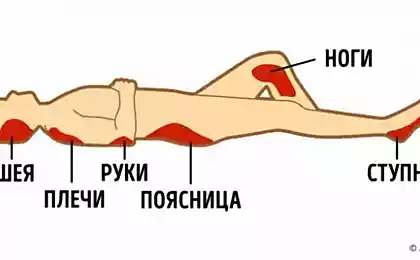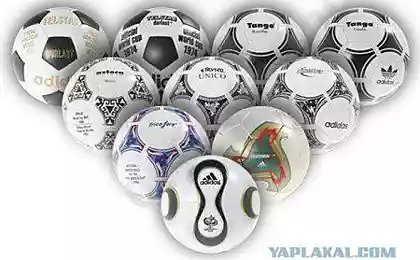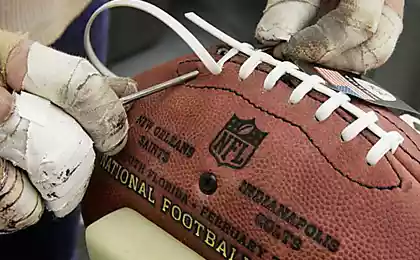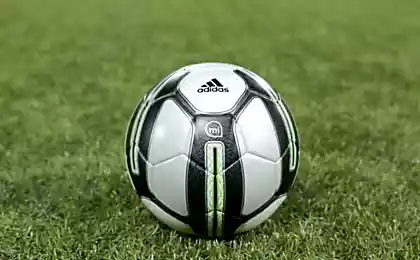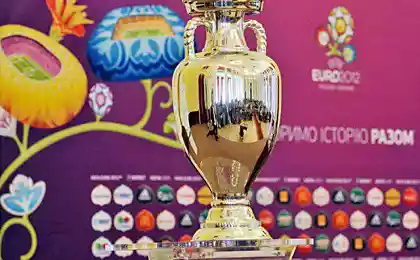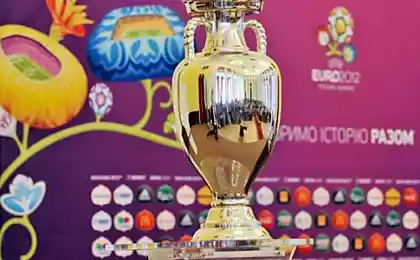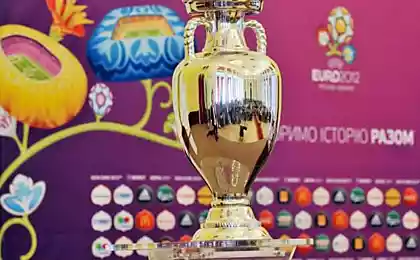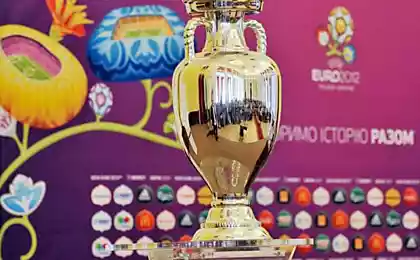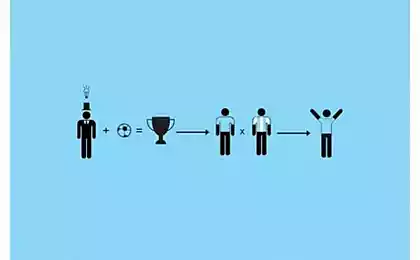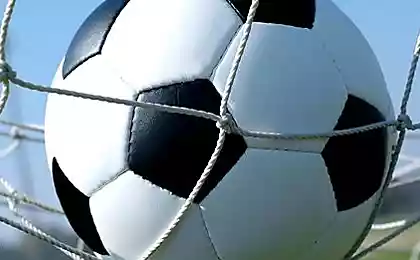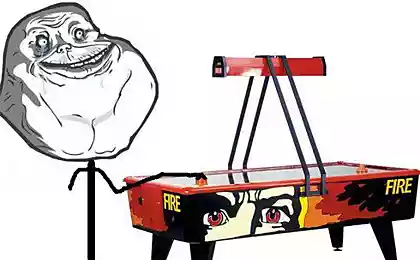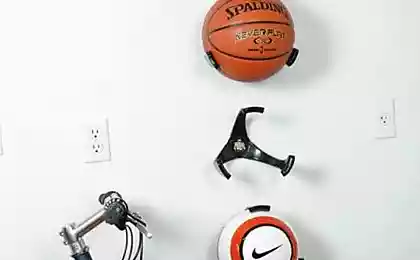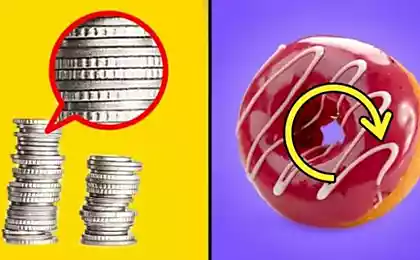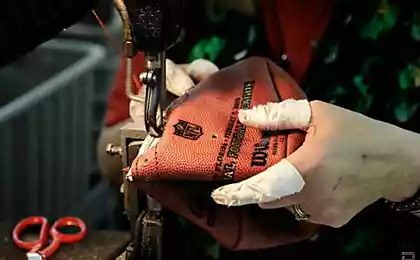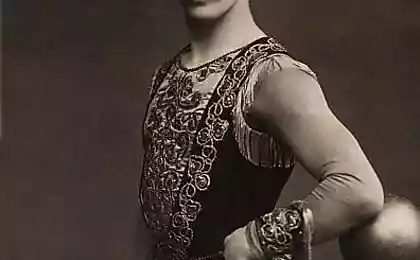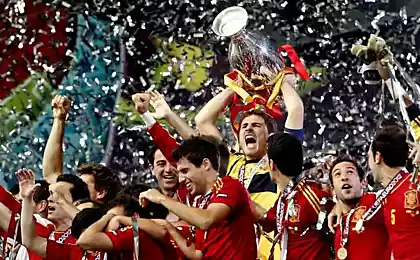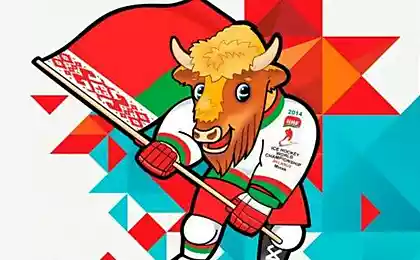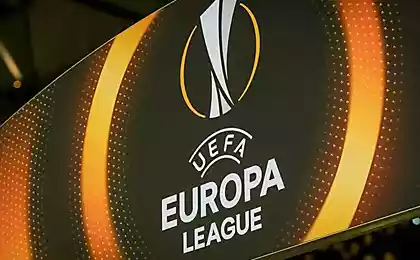924
Balls of Championships
Yesterday, Sunday July 11 the final of the World Cup 2010 in South Africa. In connection with this event, I want to introduce you to a selection of photos of the original footballs all world championships, starting with a simple ball first championship in 1930 in Uruguay and ending with high-tech "Jabulani» (Jabulani), the official football World Cup 2010 in South Africa. Pictures footballs made German photographer Jens Haylmann (Jens Heilmann) for the project «Die Weltmeisterschaftsbälle».
19 ph via Etoday
Soccer ball «T-Model» FIFA World Cup 1930 that was held in Uruguay.
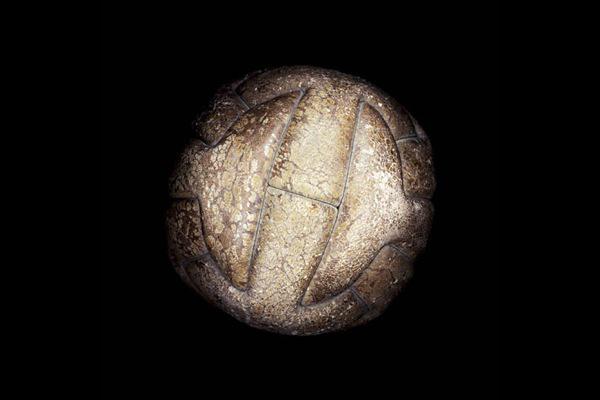
Soccer ball «Federale 102" FIFA World Cup 1934 in Italy.
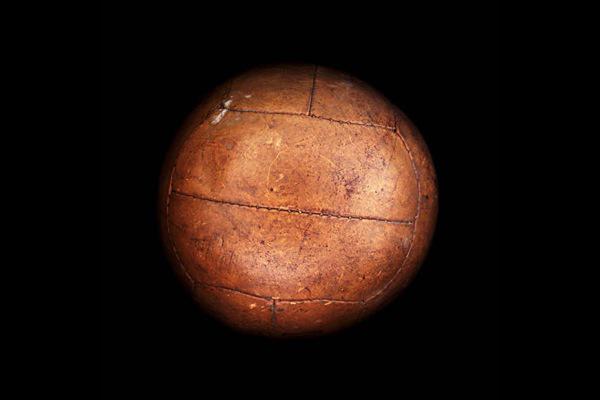
Soccer ball «ALLEN» World Cup 1938 in France.
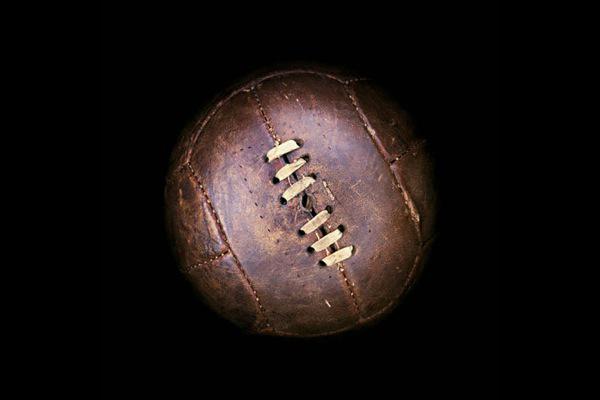
Soccer ball «Super Duplo T» FIFA World Cup 1950 in Brazil.
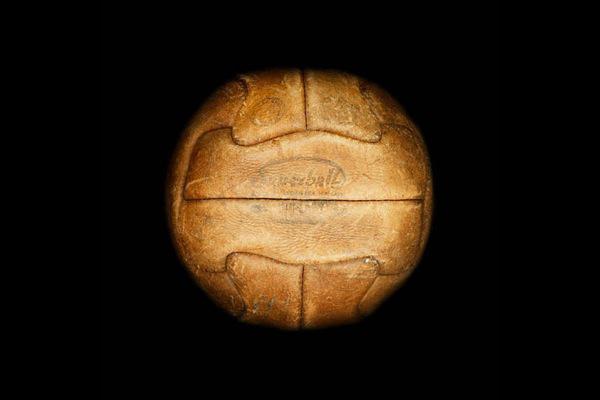
Soccer ball «Swiss WC Match Ball» FIFA World Cup 1954 in Switzerland.
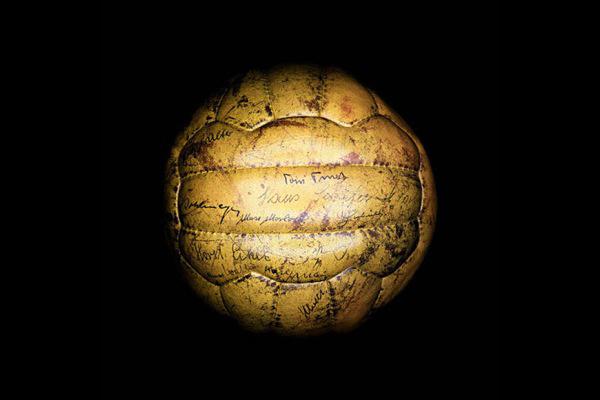
Soccer ball «TOP-STAR» World Cup-1958 in Sweden.
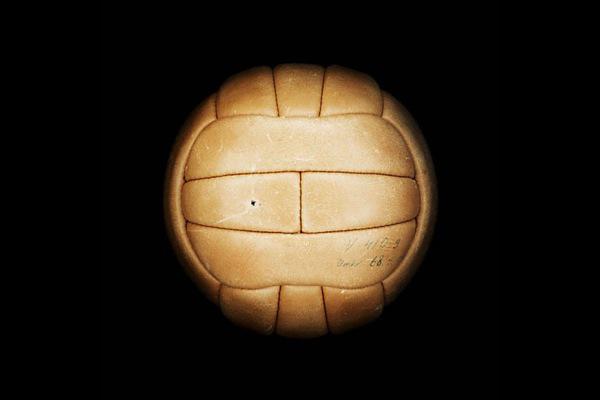
Soccer ball «MR. CRACK »FIFA World Cup 1962 in Chile.
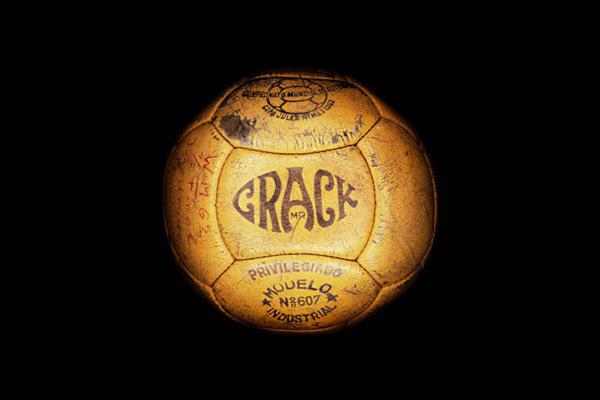
Soccer ball «Challenge 4-Star» World Cup 1966 in England.
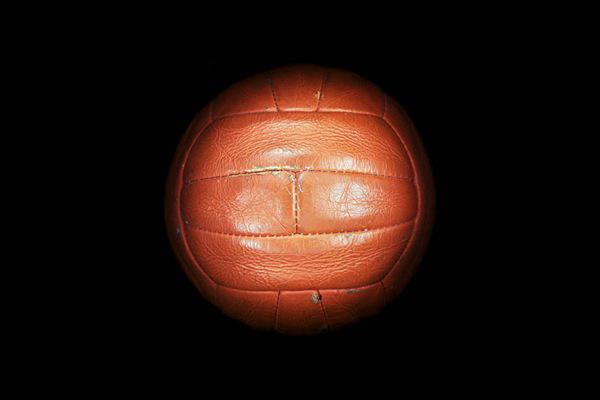
The first "official" ball «Telstar» at the World Cup in 1970 in Mexico.
Leather Ball Telstar was sewn by hand from 32 units - 12 pentagonal and 20 hexagonal panels - and became the round ball in those years. Its design is forever entered the history of football. White ball, decorated with black pentagons - Telstar (Star of Television, «TV Star") is much better visible in the black-and-white screen. This ball became the prototype for future generations.
Since then, every World Cup developed a new and unique soccer ball.
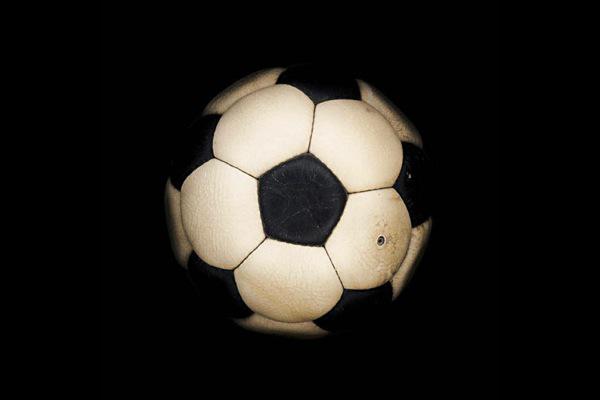
The official soccer ball «Telstar Durlast» World Cup 1974 in Germany.
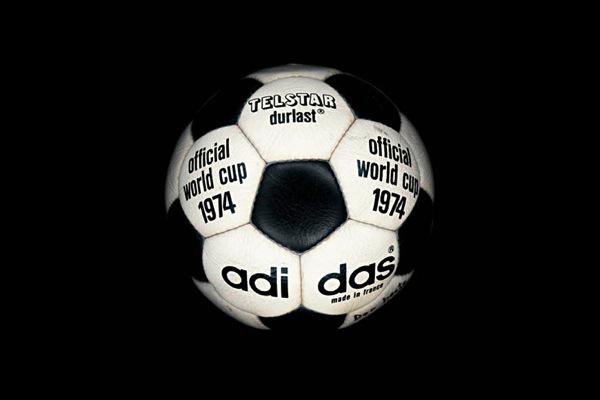
The official soccer ball «Tango Riverplate» FIFA World Cup 1978 in Argentina.
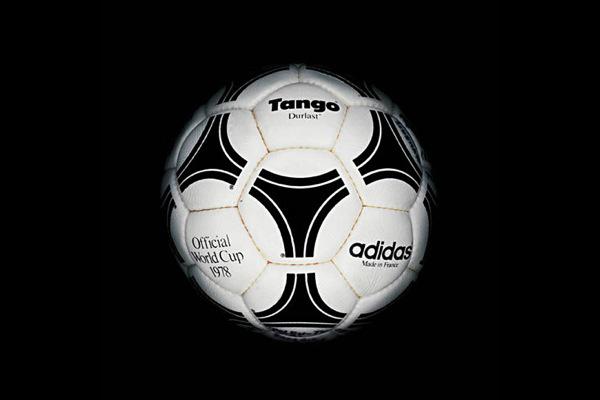
The official soccer ball «Tango España» World Cup 1982 in Spain.
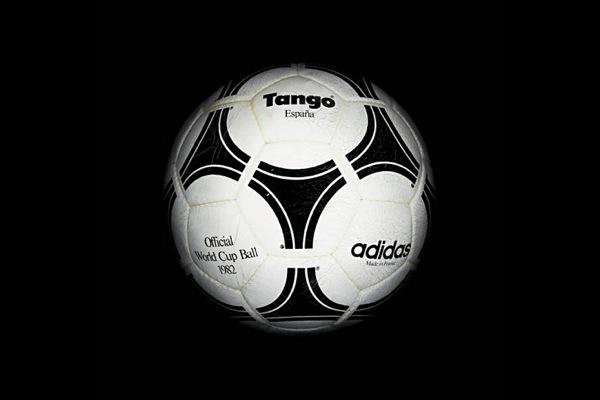
The official soccer ball «Azteco Mexico» FIFA World Cup 1986 in Mexico.
«Azteco Mexico» - the first official ball Championship FIFA, made from synthetic materials. As a result, the service life is significantly increased, and the water absorption decreased.
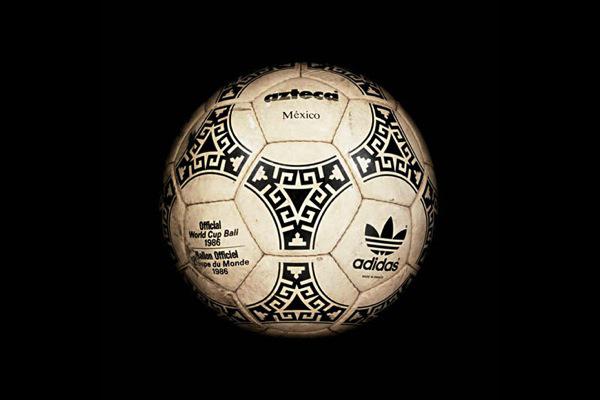
The official soccer ball «Etrusco Unico» FIFA World Cup 1990 in Italy.
When you create a football Adidas «Etrusco Unico» used only synthetic materials. He became the first ball, the inner layer is made of a polyurethane foam, allowing the ball became more lively, fast and completely waterproof. The name and design captured the influence of ancient Italian history and cultural heritage of the Etruscans. Three heads etruskskih lions adorn each of the 20 triads.
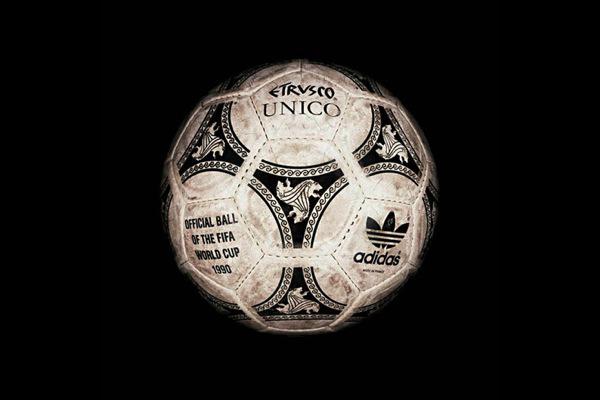
The official soccer ball «Questra» FIFA World Cup 1994 in the United States.
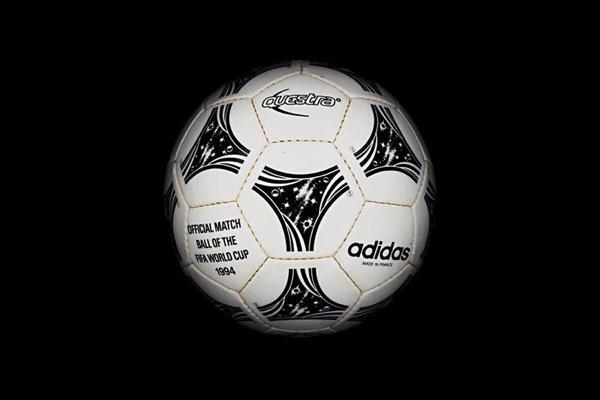
The official soccer ball «EQT Tricolore» World Cup 1998 in France.
«EQT Tricolore» - the first official color ball championship. French flag and a rooster tail, a traditional symbol of France and the French Football Federation, reflected in the title and design.
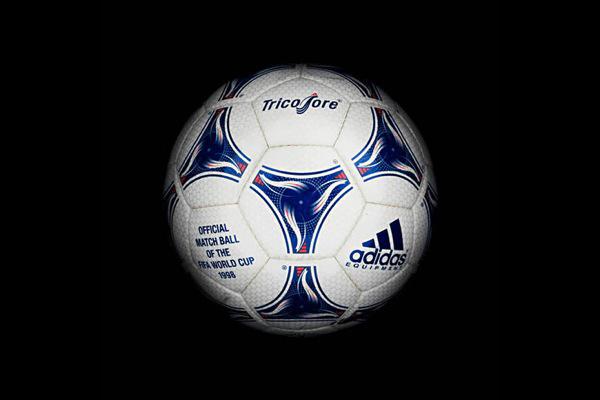
The official soccer ball «Fevernova» World Cup 2002 in South Korea and Japan.
«Fevernova» - the first official ball design that differs from traditional ball Tango in 1978. Drawing and color palette inspired by Fevernova culture of the Far East. A special layer of synthetic foam helped to improve the characteristics of the ball, and three-layer fabric frame provides greater accuracy and predictability of the impact trajectory.
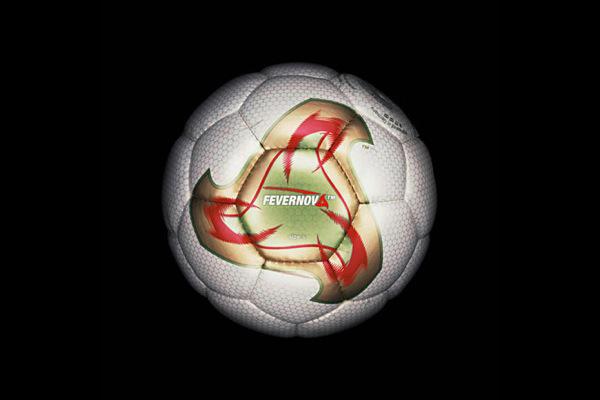
The official soccer ball «Teamgeist» World Cup 2006 in Germany.
For the first time in 36 years, Adidas has receded from the classic 32-panel design. The frame and panels, connected by technology termoskleyki provide water resistance and a smooth surface, improve the effectiveness of strikes. The image is in black and white - the traditional colors of the German national team, with gold trim - a symbol of the World Cup, and is covered with a transparent protective layer. Title ball «Teamgeist» means "team spirit."
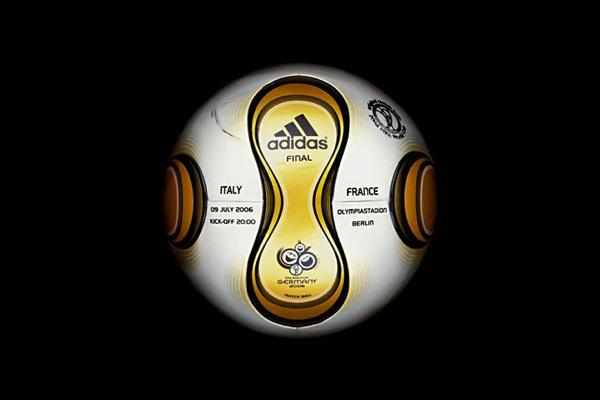
The official soccer ball «Jabulani» World Cup 2010 in South Africa.
Ball «Jabulani» made entirely from 100% thermoplastic polyurethane. The easiest ball. The most aerodynamic ball. The company Adidas reported that the surface of the ball is provided with a high-profile, stabilizing the flight path and fixing the ball into the goalkeeper gloves.
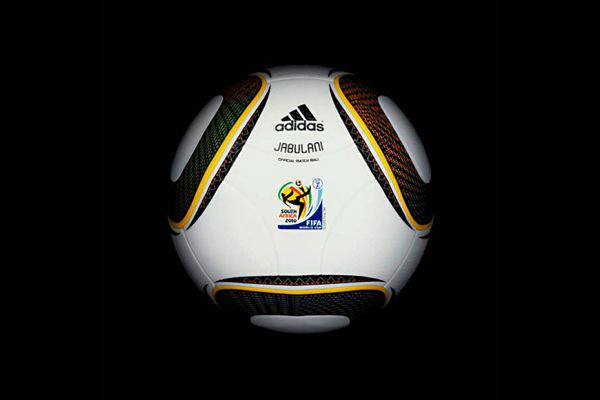
Source:
19 ph via Etoday
Soccer ball «T-Model» FIFA World Cup 1930 that was held in Uruguay.

Soccer ball «Federale 102" FIFA World Cup 1934 in Italy.

Soccer ball «ALLEN» World Cup 1938 in France.

Soccer ball «Super Duplo T» FIFA World Cup 1950 in Brazil.

Soccer ball «Swiss WC Match Ball» FIFA World Cup 1954 in Switzerland.

Soccer ball «TOP-STAR» World Cup-1958 in Sweden.

Soccer ball «MR. CRACK »FIFA World Cup 1962 in Chile.

Soccer ball «Challenge 4-Star» World Cup 1966 in England.

The first "official" ball «Telstar» at the World Cup in 1970 in Mexico.
Leather Ball Telstar was sewn by hand from 32 units - 12 pentagonal and 20 hexagonal panels - and became the round ball in those years. Its design is forever entered the history of football. White ball, decorated with black pentagons - Telstar (Star of Television, «TV Star") is much better visible in the black-and-white screen. This ball became the prototype for future generations.
Since then, every World Cup developed a new and unique soccer ball.

The official soccer ball «Telstar Durlast» World Cup 1974 in Germany.

The official soccer ball «Tango Riverplate» FIFA World Cup 1978 in Argentina.

The official soccer ball «Tango España» World Cup 1982 in Spain.

The official soccer ball «Azteco Mexico» FIFA World Cup 1986 in Mexico.
«Azteco Mexico» - the first official ball Championship FIFA, made from synthetic materials. As a result, the service life is significantly increased, and the water absorption decreased.

The official soccer ball «Etrusco Unico» FIFA World Cup 1990 in Italy.
When you create a football Adidas «Etrusco Unico» used only synthetic materials. He became the first ball, the inner layer is made of a polyurethane foam, allowing the ball became more lively, fast and completely waterproof. The name and design captured the influence of ancient Italian history and cultural heritage of the Etruscans. Three heads etruskskih lions adorn each of the 20 triads.

The official soccer ball «Questra» FIFA World Cup 1994 in the United States.

The official soccer ball «EQT Tricolore» World Cup 1998 in France.
«EQT Tricolore» - the first official color ball championship. French flag and a rooster tail, a traditional symbol of France and the French Football Federation, reflected in the title and design.

The official soccer ball «Fevernova» World Cup 2002 in South Korea and Japan.
«Fevernova» - the first official ball design that differs from traditional ball Tango in 1978. Drawing and color palette inspired by Fevernova culture of the Far East. A special layer of synthetic foam helped to improve the characteristics of the ball, and three-layer fabric frame provides greater accuracy and predictability of the impact trajectory.

The official soccer ball «Teamgeist» World Cup 2006 in Germany.
For the first time in 36 years, Adidas has receded from the classic 32-panel design. The frame and panels, connected by technology termoskleyki provide water resistance and a smooth surface, improve the effectiveness of strikes. The image is in black and white - the traditional colors of the German national team, with gold trim - a symbol of the World Cup, and is covered with a transparent protective layer. Title ball «Teamgeist» means "team spirit."

The official soccer ball «Jabulani» World Cup 2010 in South Africa.
Ball «Jabulani» made entirely from 100% thermoplastic polyurethane. The easiest ball. The most aerodynamic ball. The company Adidas reported that the surface of the ball is provided with a high-profile, stabilizing the flight path and fixing the ball into the goalkeeper gloves.

Source:
